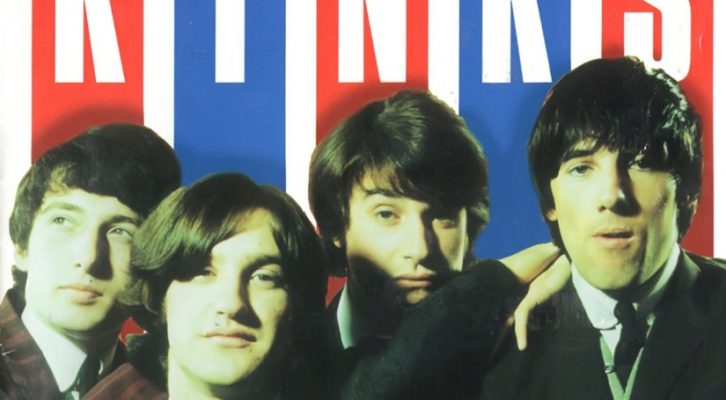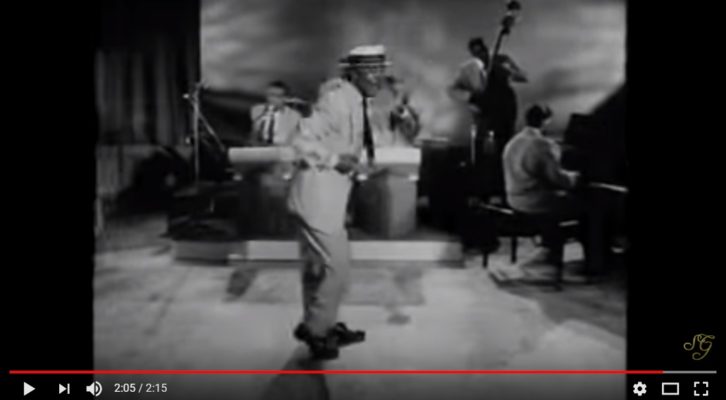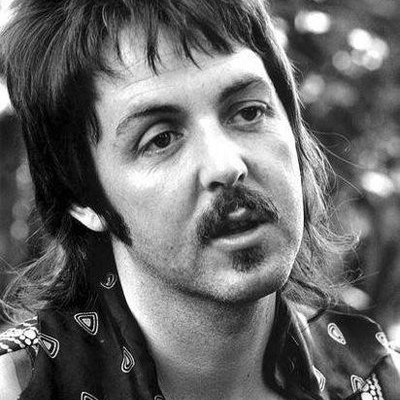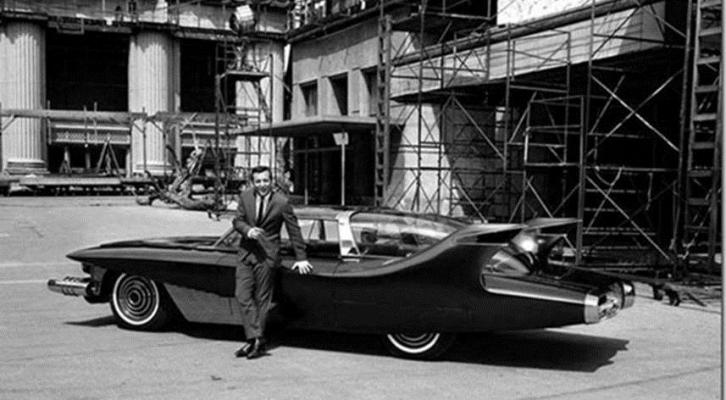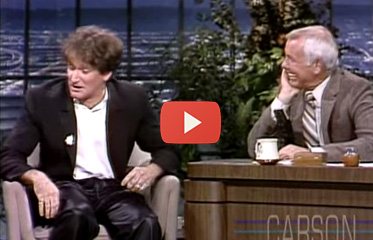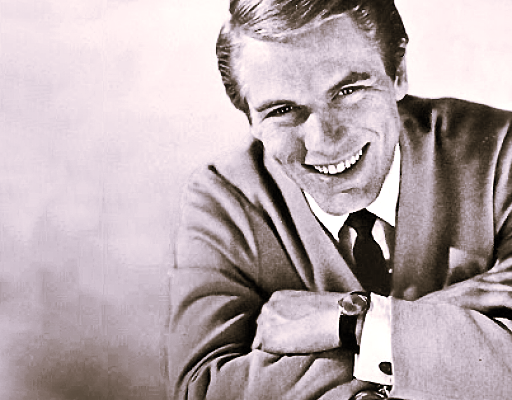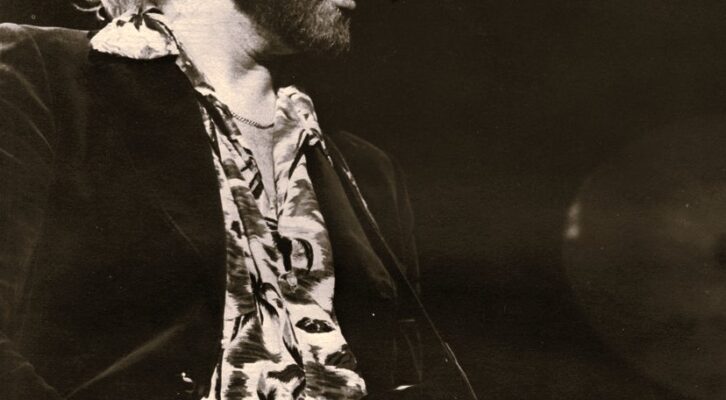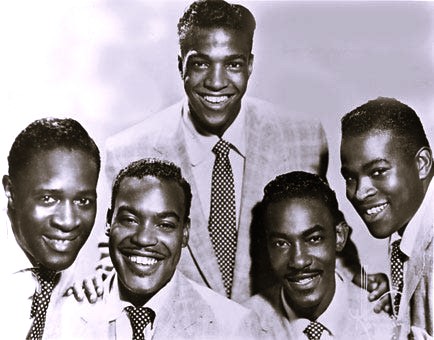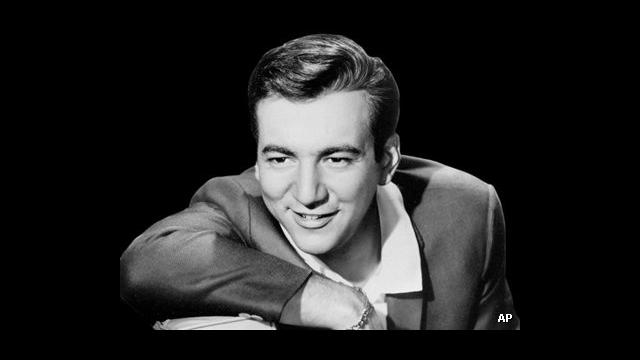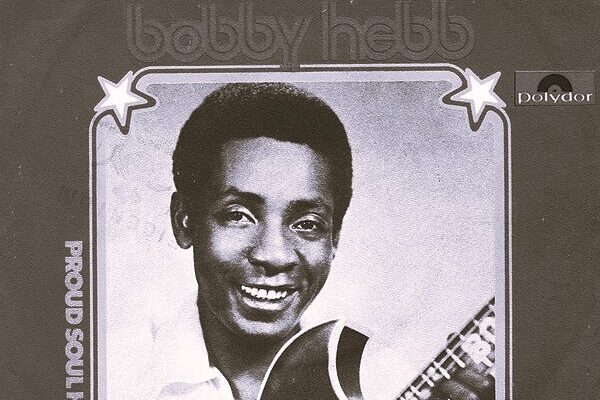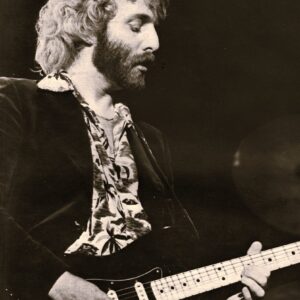Curious about what made Adam Faith a standout star in the golden era of rock ‘n’ roll? Jukebox Saturday Night is your portal to the past. Immerse yourself in the magic of decades past and relive the unforgettable voice that defined an era. Step into R’n’R Heaven and let the sounds of the seventies jukebox era bring Adam Faith’s extraordinary career to life.
Discover his unique style, his fascinating career as a singer, producer and actor, and more here.
Beginnings of Adam Faith
Early life and initiation into music
Adam Faith, born Terence Nelhams-Wright, experienced his first taste of music in his early years growing up in West London. Raised in a working class area, the eventual rock ‘n’ roll star used music as a creative outlet.
First steps into professional music career
Upon leaving school in mid to late ‘50s, Nelhams-Wright took up a job as a film cutter in a London film studio.
His professional music career started to take its first steps when he became a part of the Worried Men, a musical group that performed in different bars and eventually landed a gig at the musical program, Six-Five Special. Jack Good, the producer of the program, was impressed with him and signed him to a solo recording contract, where he adopted the name Adam Faith.
Major milestones in Faith’s career
Breakthrough hits and stardom
Adam Faith’s ascent to stardom was swift and profound. In 1959, his single ‘What do you want?’ torpedoed to No. 1 on the UK Singles Chart, providing the breakthrough he sought so earnestly. His distinct, crisp vocal technique complemented the pop-rock rhythm, making it an instant hit.
His successful streak didn’t end there. In his brief but impactful singing career, Adam Faith gifted the world with several chart-topping hits. Let’s not forget the iconic singles ‘Poor me’ and ‘Someone else’s baby’. Such instances of success kept him in the public eye, further amplifying his image as a music sensation.
Transition into acting career
Faith wasn’t just about singing. He was ready to try his hand at other areas of show business as well. He appeared in two different 1960 films, Beat girl and Never let go. In the former, he played a musician from a middle class background, while in the latter, he played a young street thug.
Faith’s unique performance style
Distinctive singing technique
Adam Faith’s vocal technique was distinct, setting him apart from other artists of his era. He was famous for his hiccupping stops and exaggerated pronunciation, which made him stand apart from other performers at the time.
Memorable stage presence
Faith’s stage presence was just as distinctive as his vocal technique. He projected energy and charisma that were infectious, contributing to his successful musical journey. The stage was his arena, where he transformed into a dynamic performer, one who could easily hold the attention of his audience with authenticity.
It’s easy to see how his unique music style and magnetic stage presence had a major impact on his career, shaping him into the successful musician he came to be. The combination of distinctive singing and engaging performances has cemented him as one of the UK’s first pop stars.
Faith’s impact on rock ‘n’ roll
Influence on British pop music
When it came to shaping the narrative of British pop music, Faith proved to be nothing short of an architect. The latter part of the 1950s and the dawn of the 1960s marked Faith’s reign, setting a precedent for future pop icons. His flair for fusing beats and rhythms, coupled with a unique vocal range, propelled an innovative sound that had Brits swooning.
Success across the pond
Faith also achieved success in the United States. It was the peak of the British Invasion at the time, with the Beatles leading the way. Faith released the single ‘It’s alright’ and it achieved moderate success, charting in the top 40 of the US Billboard Hot 100.
In 1967, Faith released ‘Cowman, milk your cow’ as a single, which was written by Barry and Robin Gibb from the superstar group, the Bee Gees.
Transition to behind the scenes
By the 70s, Faith would go from the stage to behind the scenes, trying his hand at management. He managed English-Australian singer Leo Sayer and co-produced Sayer’s hits like ‘The show must go on’ and ‘One man band’. Faith also co-produced The Who’s Roger Daltrey’s first solo album, Daltrey, in 1973. It included the hit single ‘Giving it all away’, which was written by Sayer.
He died on 8 March 2003 after he became ill after an evening performance in the touring production of the play, Love and marriage.
Key Points to Remember
- Adam Faith began his music career in West London, honing his talent through school and church choirs.
- His breakthrough hits reached No. 1 on the UK Singles Chart in 1959, which established his career in the industry.
- Faith has also branched out into acting and has starred in a number of films, including Beat Girl.
Jukebox Saturday Night is here to take you on a nostalgic musical journey, featuring unseen video clips from the golden era of rock and pop music. Our goal is to cultivate an appreciative community for the timeless art of yesteryear.







